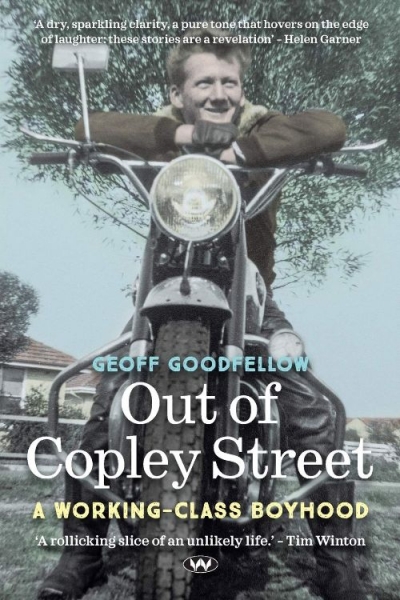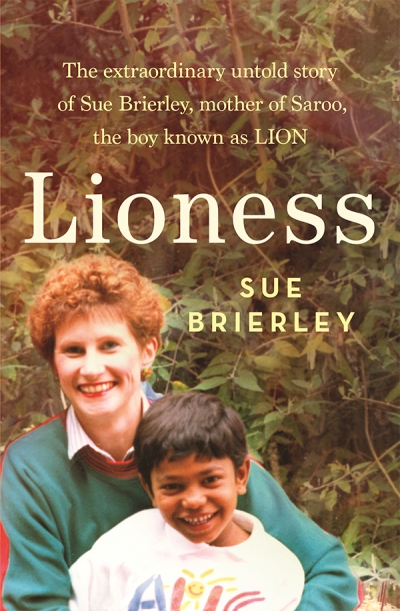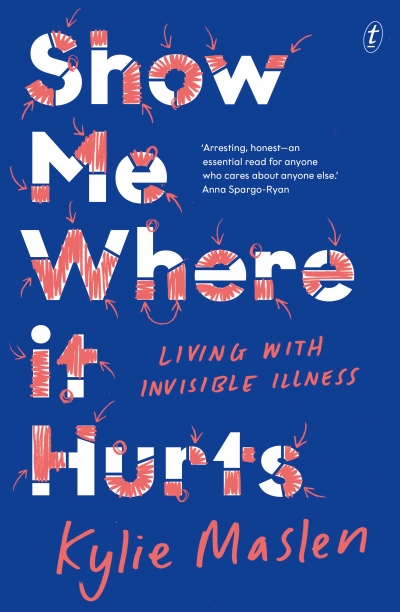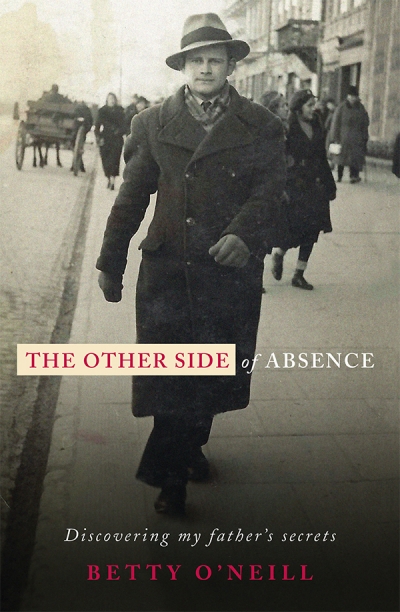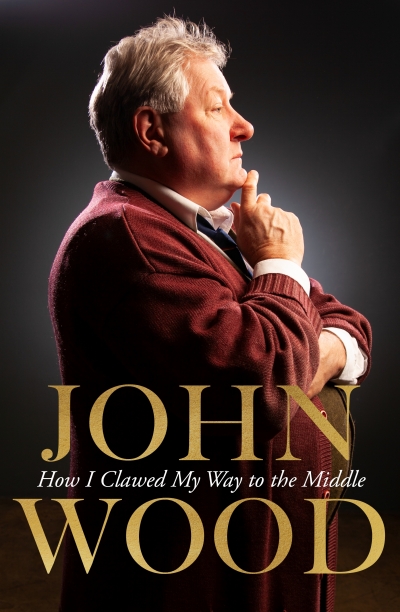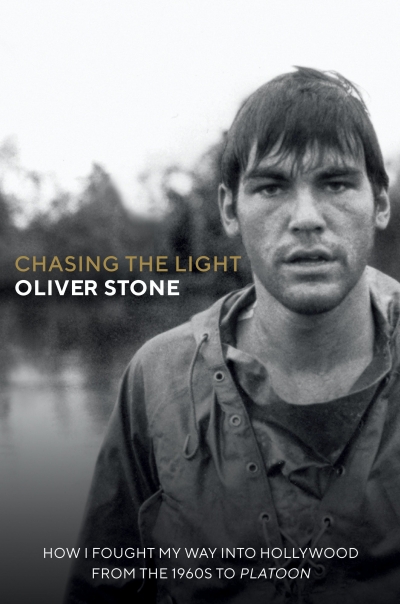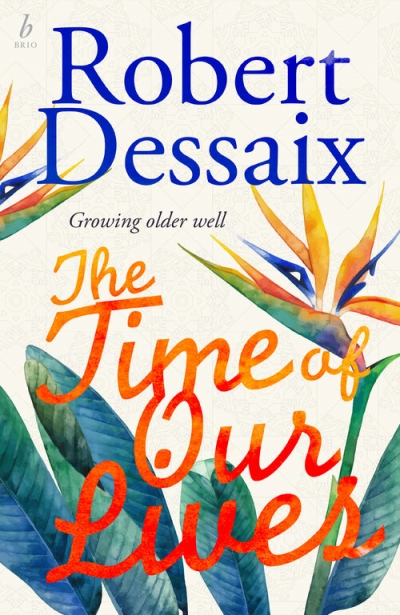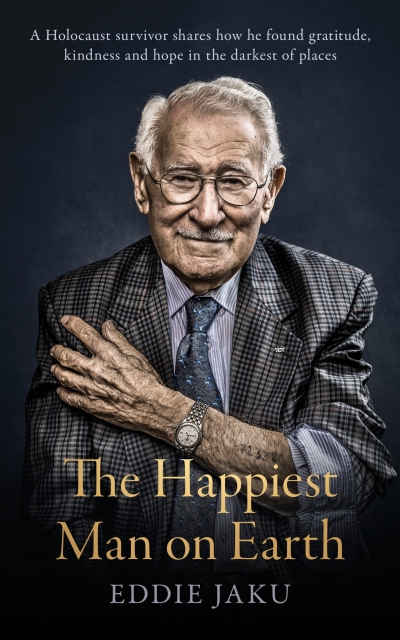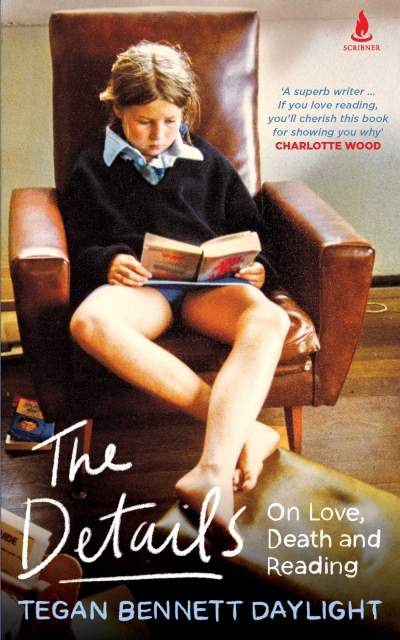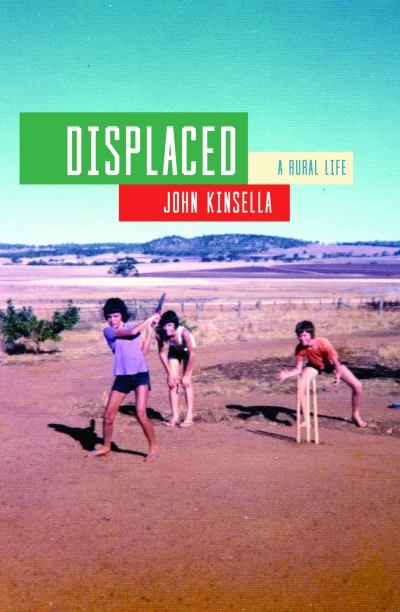Memoir
Out of Copley Street: A working-class boyhood by Geoff Goodfellow
by Jay Daniel Thompson •
Lioness: The extraordinary untold story of Sue Brierley, mother of Saroo, the boy known as Lion by Sue Brierley
by Margaret Robson Kett •
Show Me Where It Hurts: Living with invisible illness by Kylie Maslen
by Kate Crowcroft •
The Other Side of Absence: Discovering my father’s secrets by Betty O’Neill
by Iva Glisic •
Chasing the Light: How I fought my way into Hollywood: From the 1960s to Platoon by Oliver Stone
by Aaron Nyerges •
The Time of Our Lives: Growing older well by Robert Dessaix
by Francesca Sasnaitis •

